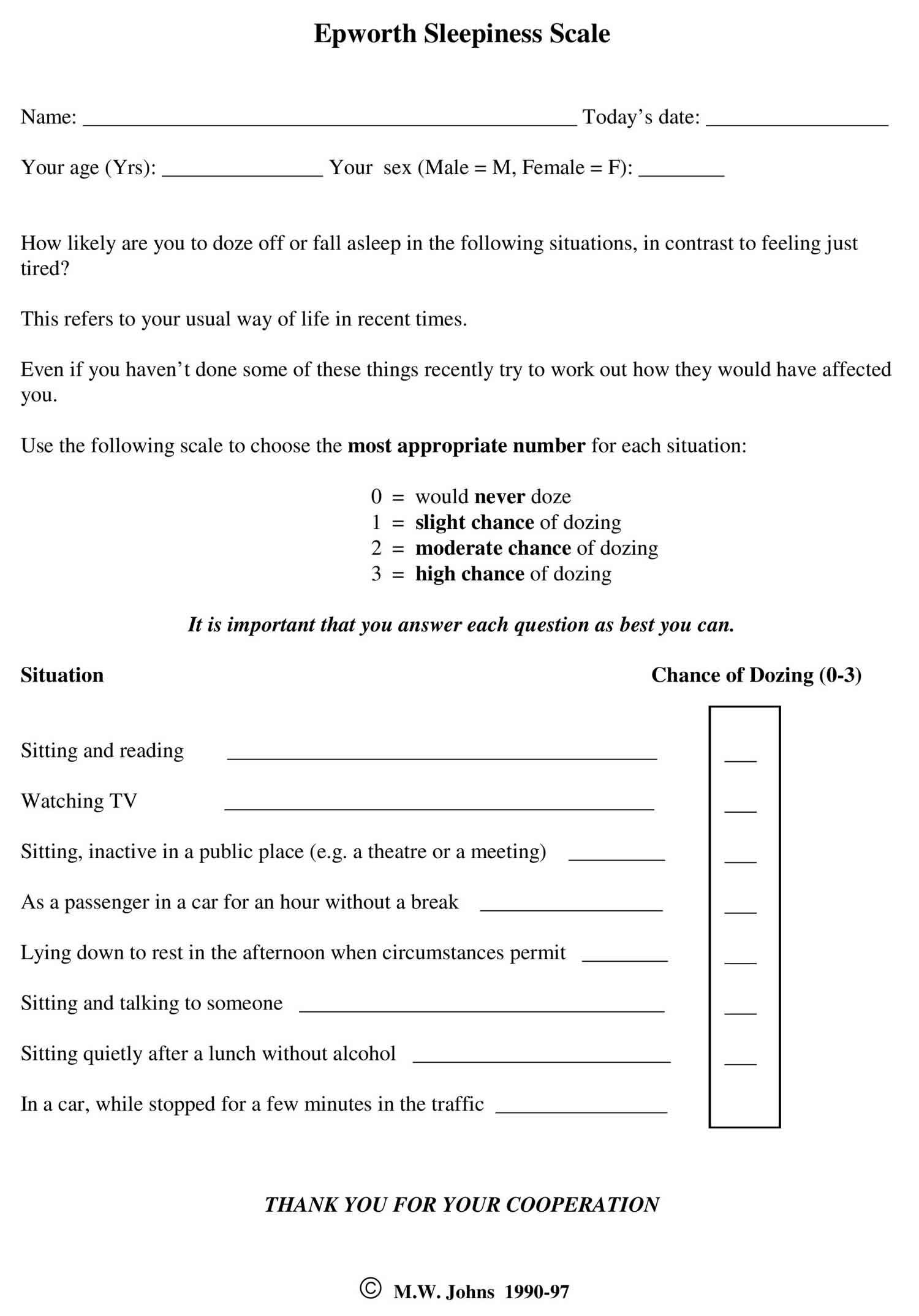Am I Getting Enough Sleep?
Hi Byte Wellness Family,
We made it another week. How are you doing? Thriving, I hope… but, let’s be honest. Fall is here. Trick-or-Treating is around the corner, and the rest of the frenetic winter Holidays aren’t far behind. My hope is that your end of 2021 will wrap up smoothly, with a sense of rejuvenation and ease.
Hopefully the sleep principles we’re learning this month, paired with the revelations you’re making about how you approach sleep and rest, will boost you towards that goal.
If you’re reading this Self-Love Letter, and you’re not part of our Daily Wellness Text Message Thread, it’s never too late to jump into our wellness convo! Send TEXT to 1(224)302-6224 or click here to join the convo.
*For now, we're only sending texts in the US. If you want texts outside the US, email us at hello@bytewellness.com so we can prioritize you : )
This week’s Discussion Prompt:
Who modeled rest and sleep behaviors for you when you were growing up? What did you learn from watching them?
This week’s question prompted some CON-VER-SA-TION! Our Daily Wellness Text Thread had plenty of thoughts on this topic.
Folks talked about the guilt they feel when they choose rest over productivity and realized they’d picked up that attitude from their parents or peers.
We talked about how the forces that shift our willingness to rest aren’t always people- sometimes they’re social structures like your job or cultural norms that implicitly reward labor and productivity over rest.
If you’re not on our thread, or you didn’t have a chance to weigh in this week…I’d love to hear your take.
We’ve heard a lot about how the community has seen toxic coping mechanisms of under-resting reinforced. Has anyone out there picked up pro-rest attitudes from your home or job?
Drop a comment. We’d love to see some of those examples.
Keep scrolling!
How Much Sleep Do I Need?
Epworth Sleepiness Scale Exercise from www.epworthsleepinessscale.com/about-the-scale
Meanwhile, we got out of our feelings (only for a minute) to get a little technical. Most people wonder about ideal sleep quantity: So how much sleep do I really need? And am I getting enough sleep?
According to the NIH, most adults need at least 7-8 hours of sleep each night, where the ideal amount varies slightly per person (https://www.nhlbi.nih.gov/files/docs/public/sleep/healthysleepfs.pdf. ). Okay… so how do you know if you’re getting enough high-quality sleep?
To answer that question, we completed the Epworth Sleepiness Scale (ESS)(www.epworthsleepinessscale.com/about-the-scale)- a validated measure of daytime sleepiness that is used by researchers and clinicians (like me) to get a sense of an individual’s sleep quality.
You follow the logic, right? If you get enough high-quality sleep overnight, you’re less likely to fall asleep during the day. This is true in most cases, but not always.
A whole range of conditions (especially thyroid and adrenal gland disorders) can lead to daytime fatigue independent of sleep quality. And some sleep disorders, like narcolepsy, can lead to daytime sleeping regardless of last night’s sleep quality.
*Important note: this is not a self-diagnostic test. The ESS is a way to quantify how sleepy you are during the day as a starting point. If you’re not satisfied with your ESS score, please share results with your healthcare provider who will know which follow-up questions to ask and which follow-up tests to order to understand the cause of your daytime sleepiness.
Go ahead and take the ESS to see whether you score where you expected to. Higher scores means MORE daytime sleepiness. Use this scoring key from their website to make sense of your answers.
Scoring the Epworth Sleepiness Scale. From www.epworthsleepinessscale.com/about-the-scale
When you calculate your ESS score, think back to your attitudes around sleep/rest. Any room for improvement?
More on sleep next week.
Happy Healthy Living,
Dr. Wuse


